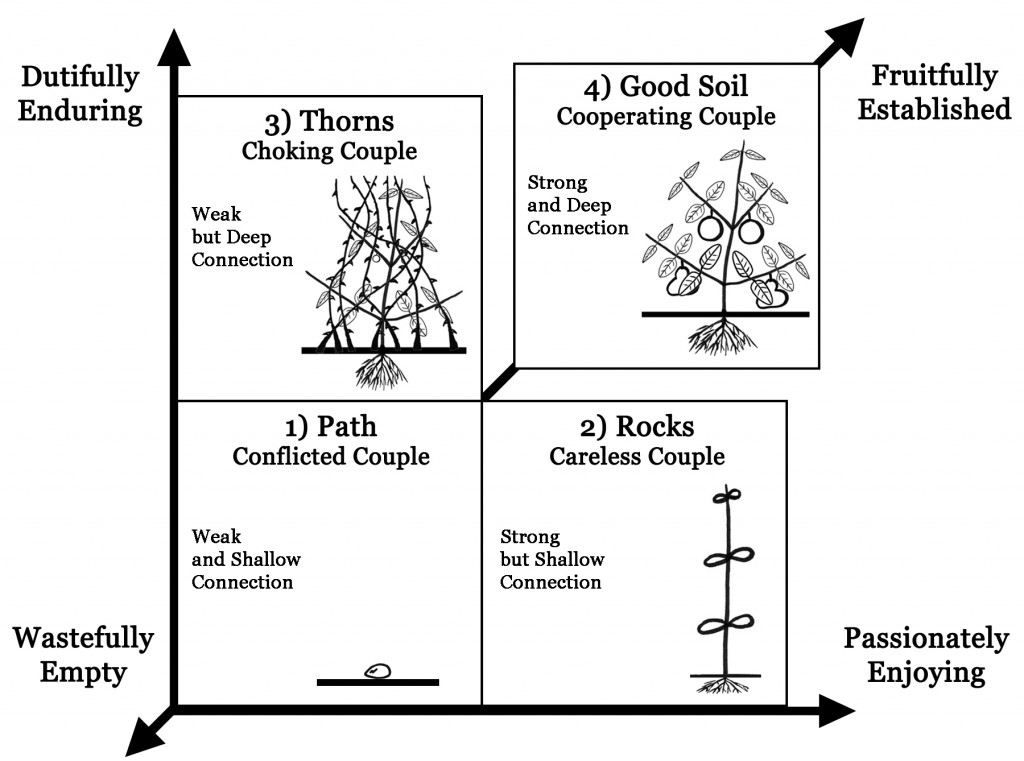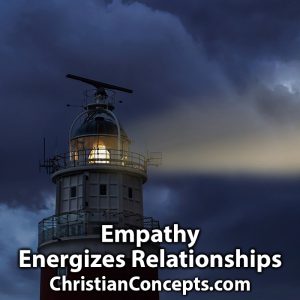Have you ever been tempted to give up? Maybe you’ve encountered failure after failure or disappointment after disappointment. No matter what you do or how hard you try, your efforts don’t bring the results you hope for.
But guess what? Past results don’t predict future results with any certainty – not when God is involved. Abraham and Sarah were too old to have a child, but God made it happen according to His promise.
Moses led the Israelites out of Egypt but they didn’t reach the promised land for 40 years. God fulfilled His promise when Joshua took over after Moses passed away. Yet, consider that the Israelites were enslaved for 400 years prior to God starting the delivery process. That’s multiple generations of suffering. That’s plenty of time to give up and some of them did grumble and give up, but you don’t have to.
Giving up is pretty much the same as giving in to the enemy. When Christians are tired and discouraged we can easily stop fighting for what is good.
God is never too late. What hasn’t happened yet, isn’t yet required. God holds every decision in His control.
Are you questioning whether God will allow your dream to be fulfilled? If your dream is godly, then I have a better question for you. How will you pass the time until God ordains your dream to bear fruit? What is the least amount of fear you can live with while you wait? Are you under crushing fear because you doubt God knows how to run the universe (or your life
When negative events come out of nowhere, it’s easy to anticipate more negatives. Why? Because no one likes surprise losses. If you expect something negative, then you have some semblance of control over it. But if a negative occurs unpredictably, you no longer feel safe. If a negative event happens randomly, what will prevent another one from happening again, and then again?
The problem with this line of thinking is it leaves God out of the equation completely. Just because God doesn’t prevent something bad the first time, doesn’t mean
If you lose heart, you’ve lost everything. You can always recover, but to do so requires that you reignite your faith. You may not have realized your dream in your expected timeframe, but God has the power to complete the impossible. What is impossible for man, is yet possible for God.
What can we conclude then? God’s timing is more important than our timing. When we are believers, we know God cares for us, so we also know whatever happens, no matter how difficult, we can never lose a dream that God can’t find and restore.
Our lives are significant, so we must always work for, and ask for, good things. However, we must also be prepared to accept delays and setbacks. As we grow in faith, we grow in acceptance of what God provides. He provides the right amount – not too much and not too little.*
Your efforts count. Never give up. You can make a difference in other’s lives that has eternal significance. Don’t give up doing good.
And let us not grow weary of doing good, for in due season we will reap, if we do not give up.
Galatians 6:9
No matter what happens, never forget that you and God are on the same team. God and you ultimately have the same goal. You perform good works that will advance God’s kingdom (Ephesians 2:10).
* If you would like to explore this idea further, read my book, To Identity and Beyond.
Image by Matthias Böckel from Pixabay


























